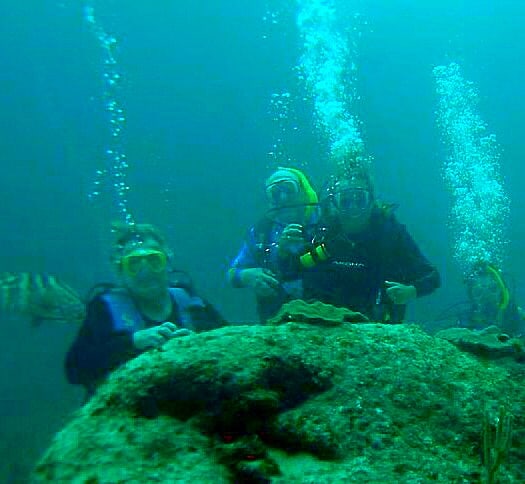 The theme for World Oceans Day for 2015 is “healthy oceans, healthy planet”. As avid sailors, lucky enough to see the ocean almost daily, we want to encourage fellow sailors to take care of the oceans we all love. We can all do something to protect our oceans, no matter how small! Our pledge here at Catamaran Guru is to minimize the use of plastic in our daily lives. Join us and the rest of the world and make the promise to protect and conserve our oceans or make the pledge to use eco-friendly options to plastic, especially bags.
The theme for World Oceans Day for 2015 is “healthy oceans, healthy planet”. As avid sailors, lucky enough to see the ocean almost daily, we want to encourage fellow sailors to take care of the oceans we all love. We can all do something to protect our oceans, no matter how small! Our pledge here at Catamaran Guru is to minimize the use of plastic in our daily lives. Join us and the rest of the world and make the promise to protect and conserve our oceans or make the pledge to use eco-friendly options to plastic, especially bags.
“Together let’s ensure oceans can sustain us into the future. Let us reflect on the multiple benefits of the oceans. Let us commit to keep them healthy and productive and to use their resources peacefully, equitably and sustainably for the benefit of current and future generations.”
– Ban Ki-Moon
Interesting Facts About Our Oceans
- Oceans cover three quarters of the Earth’s surface, contain 97 percent of the Earth’s water, and represent 99 percent of the living space on the planet by volume. To date only a little over 1 percent of the ocean is protected.
- An estimated 50-80 percent of all life on earth is found under the ocean surface and the oceans contain 99 percent of the living space on the planet. Less than 10 percent of that space has been explored by humans.
- Tiny marine plants called phytoplankton release half of all oxygen in the atmosphere through photosynthesis.
- The oceans account for 96 percent of all the water on the surface of the Earth, the remainder being freshwater, in the form of rivers, lakes and ice.
- The ocean absorbs approximately 25 percent of the CO2 added to the atmosphere from human activities each year, greatly reducing the impact of this greenhouse gas on the climate.
- Oceans absorb about 30 percent of carbon dioxide produced by humans, buffering the impacts of global warming.
- Total carbon deposits in coastal systems such as such as mangroves, salt marshes and seagrass meadows may be up to five times the carbon stored in tropical forests.
- Over three billion people depend on marine and coastal biodiversity for their livelihoods.
- Globally, the market value of marine and coastal resources and industries is estimated at $3 trillion per year or about 5 percent of global GDP.
- Oceans contain nearly 200,000 identified species, but actual numbers may lie in the millions.
- Oceans serve as the world’s largest source of protein, with more than 2.6 billion people depending on the oceans as their primary source of protein.
- Marine fisheries directly or indirectly employ over 200 million people. Subsidies for fishing are contributing to the rapid depletion of many fish species and are preventing efforts to save and restore global fisheries and related jobs, causing ocean fisheries to generate US$50 billion less per year than they could.
- As much as 40 percent of the world oceans are heavily affected by human activities, including pollution, depleted fisheries, and loss of coastal habitats.
Source: United Nations





